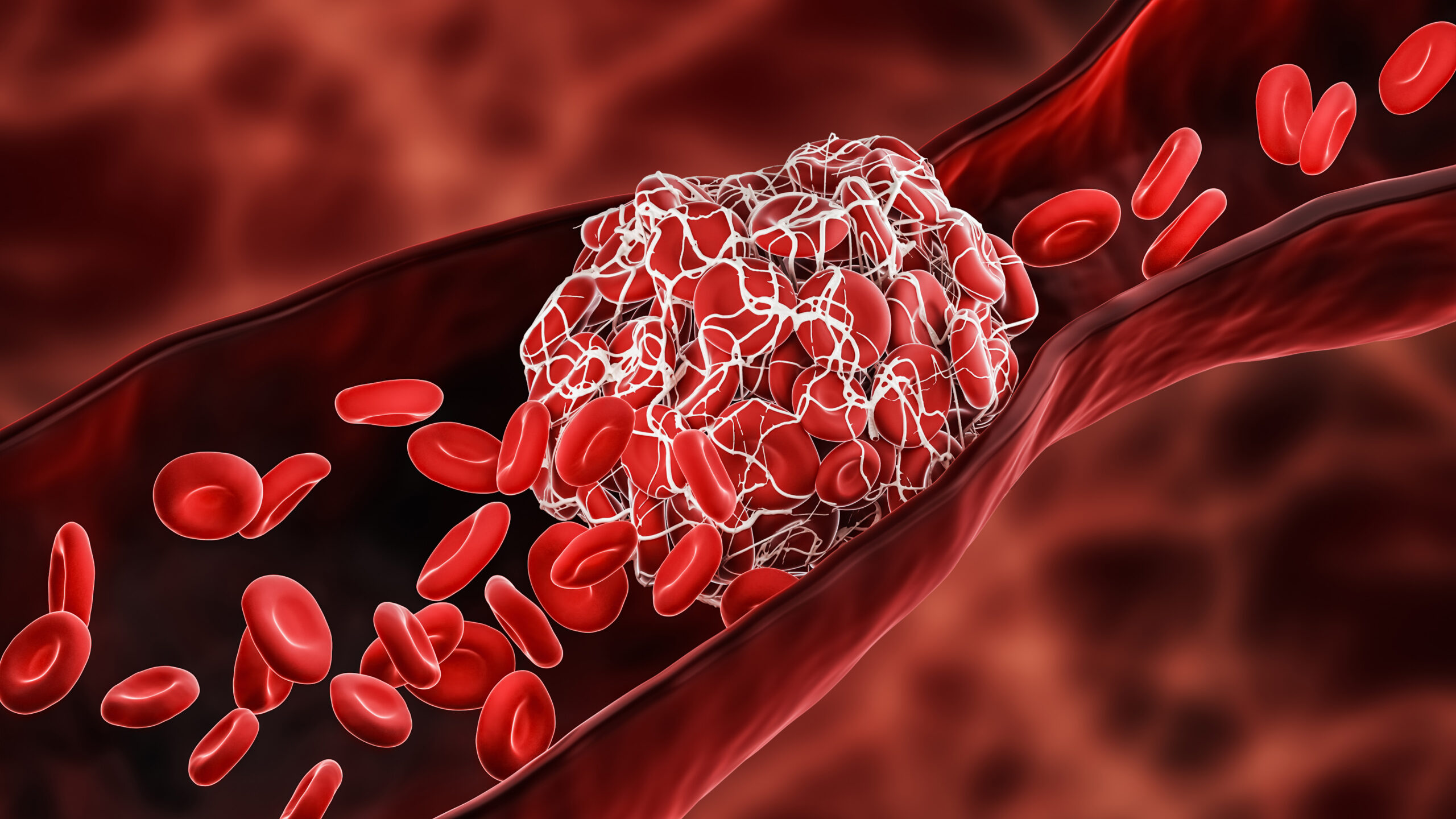As cases of COVID-19 and its variants continue to spike in many regions, a rare clotting disorder has caused the U.S. Food and Drug Administration to pause the use of the Johnson and Johnson one-dose vaccine. According to a recent USA Today report, more than 6.8 million Americans have received the J & J dose which has been linked with at least 6 cases of severe and rare blood clots in women between the ages of 18 and 48.
A similar condition has been associated in Europe with the AstraZeneca and Oxford University vaccine – more than 220 unusual clotting cases have been recorded out of 34 million delivered doses. The two other vaccines used in the United States, one from Pfizer BioNTech and the other from Moderna have not been shown to lead to blood clots or other serious health problems.
Although the J & J blood clotting problems have been seen in younger women, researchers say that doesn’t mean it can’t happen with older adults or men. The condition, vaccine-induced immune thrombotic thrombocytopenia (VITT) occurs when the immune system creates antibodies that activate platelets in the bloodstream that would normally help wounds to heal but instead clump together and cause blood clots. To test for VITT, doctors need to look for toxic antibodies because the usual tests for blood clots will not show a positive result.
VITT is most likely to occur between 5 and 13 days after vaccination when any common side-effects of the shot have resolved. Anyone who develops a severe, unusual headache, severe stomach pain, a skin rash of tiny red/purple dots, or a painful swollen leg should seek medical attention immediately. Patients with suspected VITT should not receive the blood thinner heparin as it could worsen the condition. But researchers have found that high-dose intravenous immunoglobulin can help treat immune reactions.
Learn more about the J & J vaccine by following this link to a recent joint statement from the Centers for Disease Control and Prevention and the FDA.






Add Your Voice
0 Comments
Join the Discussion